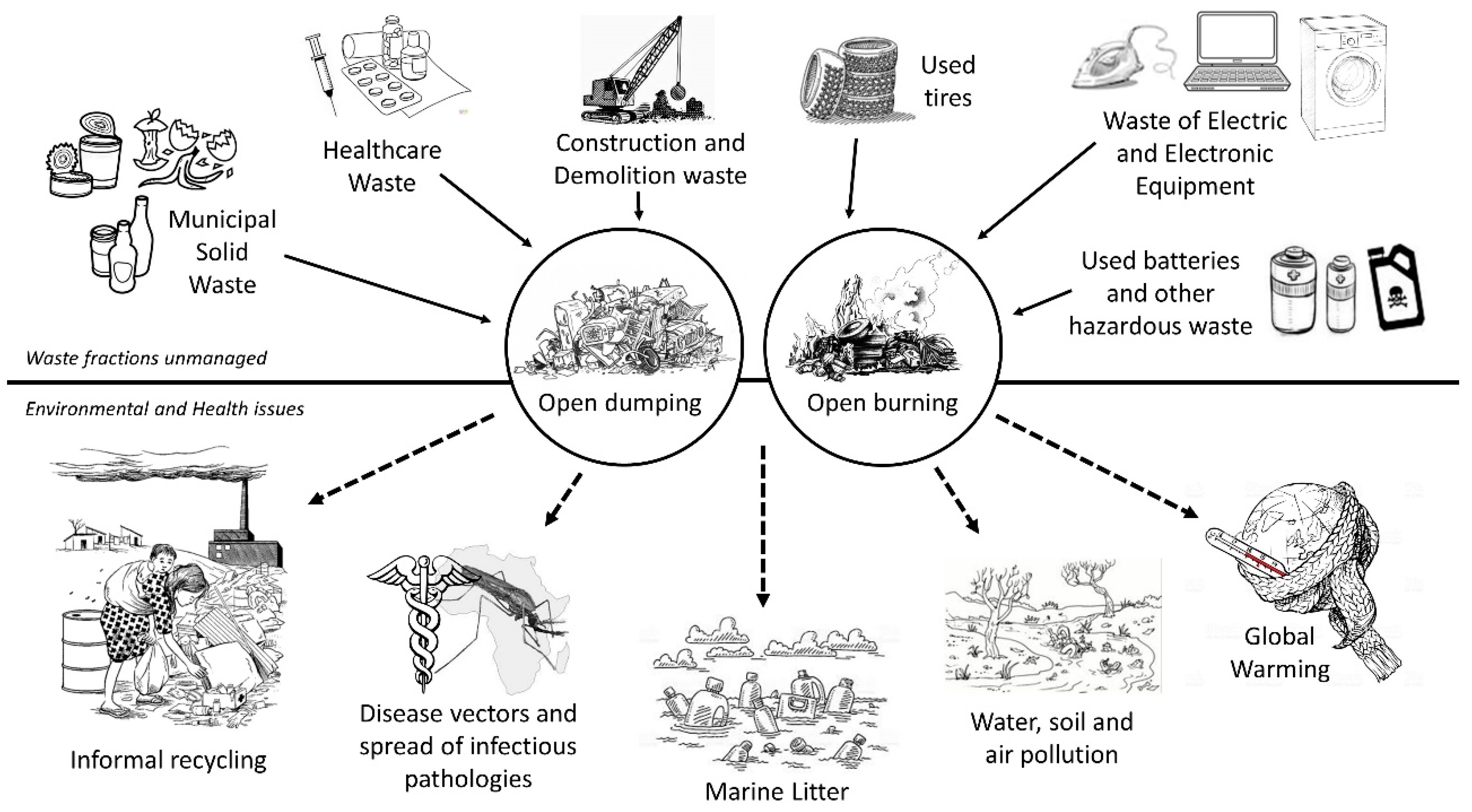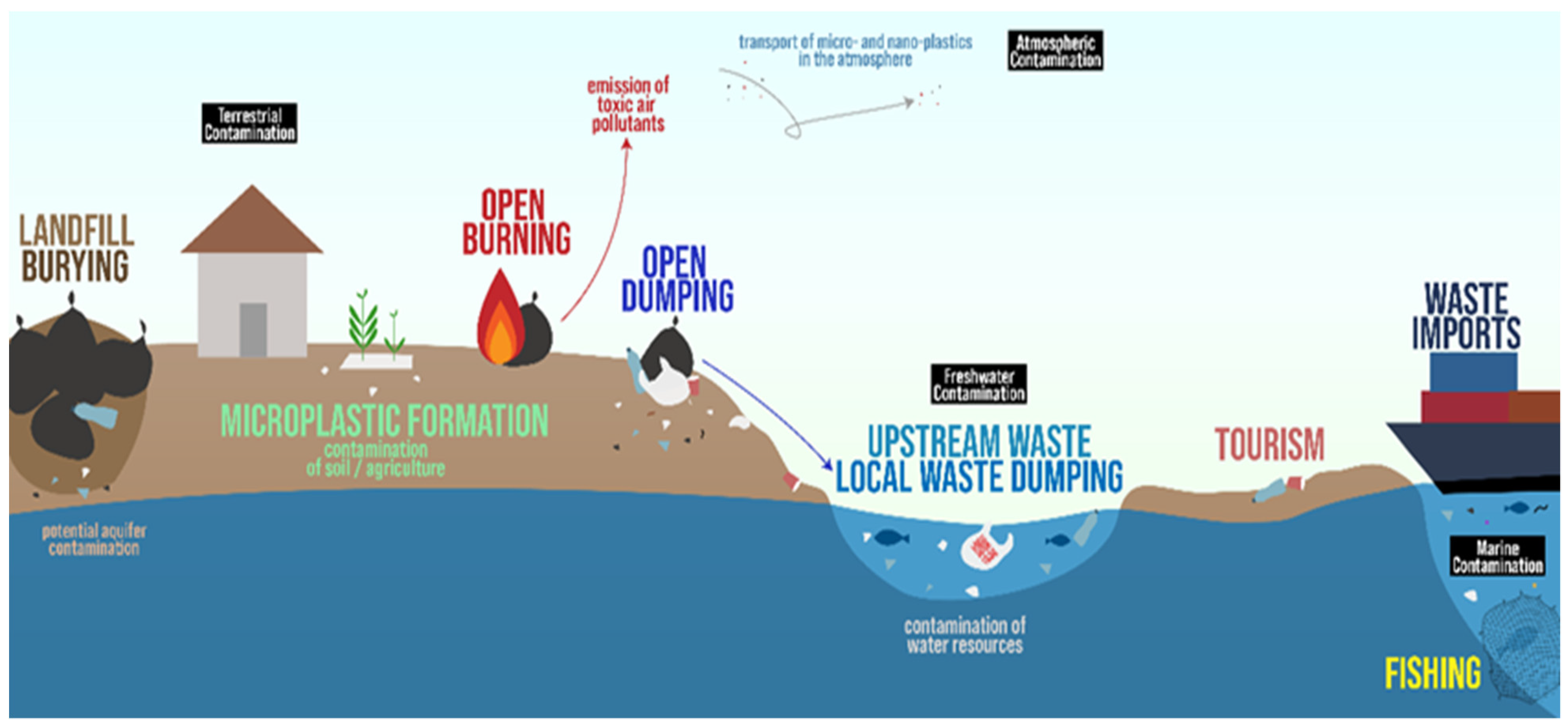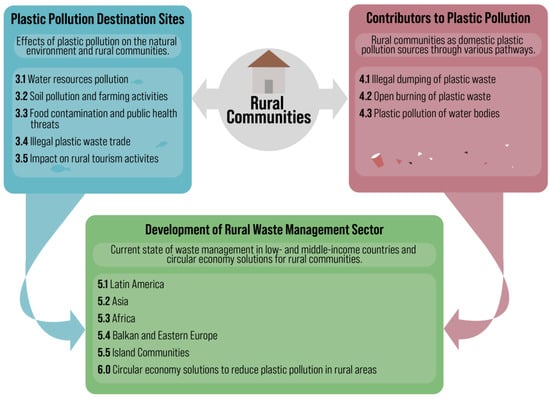Burning tires is illegal due to the harmful environmental and health consequences it poses. Tire burning releases toxic chemicals and pollutants into the air, soil, and water, contributing to air pollution and causing damage to human health and ecosystems.
Burning tires is a prohibited act due to its detrimental impact on the environment and public health. When tires are burned, they release harmful substances, such as heavy metals and toxic gases, into the air.
These pollutants contribute to air pollution, leading to various health issues including respiratory problems, cardiovascular diseases, and even cancer.
Additionally, tire burning contaminates soil and water, further disrupting ecosystems and threatening biodiversity. Recognizing the severe consequences, governments and environmental agencies across the globe have implemented strict regulations to prevent tire burning.
Therefore, it is essential to understand the environmental and health risks associated with this activity and explore sustainable alternatives for tire disposal.

Credit: www.mdpi.com
Environmental Consequences Of Burning Tires
Burning tires not only presents serious risks to human health, but it also poses significant environmental consequences. The combustion of tires releases a multitude of harmful pollutants into the air, contaminates the soil with toxic chemicals, and even pollutes the water sources nearby.
In this section, we will delve into the detrimental environmental effects of tire burning, focusing on air pollution, soil pollution, and water pollution.
Air Pollution
Burning tires releases a toxic cocktail of pollutants into the air, contributing to harmful air pollution. This combustion process emits hazardous substances, including carbon monoxide, sulfur dioxide, nitrogen oxides, volatile organic compounds (VOCs), and particulate matter.
These pollutants can have severe health effects, especially for those living and working in proximity to the burning tires.
The emissions from burning tires can cause respiratory problems, such as difficulty breathing, coughing, and wheezing.
People with pre-existing respiratory conditions, such as asthma, are particularly vulnerable to the harmful effects of the pollutants released during tire burning.
Furthermore, the release of carbon monoxide and nitrogen oxides contributes to the formation of smog and ground-level ozone.
This not only degrades the air quality but also leads to respiratory issues and exacerbates other respiratory conditions in humans.
Soil Pollution
When tires are burned, the toxic chemicals present within them infiltrate the soil, causing soil pollution. These chemicals include heavy metals like lead, cadmium, and zinc, as well as polycyclic aromatic hydrocarbons (PAHs) and dioxins.
These substances can remain in the soil for years, posing a long-term threat to the environment. Soil pollution from tire burning can have detrimental effects on plant life, hindering their growth and development.
It can disrupt the natural balance of soil nutrients, making it difficult for plants to access the necessary elements for healthy growth. Additionally, the presence of toxic chemicals in the soil can contaminate groundwater sources, further impacting the surrounding ecosystem.
Water Pollution
The process of burning tires can also lead to water pollution, as the toxic substances released during combustion find their way into nearby water sources.
Heavy rainfall or improper disposal of the ash and residue from tire burning can result in the chemicals leaching into rivers, lakes, and groundwater.
Water pollution caused by tire burning poses a significant threat to aquatic life. The toxic chemicals can harm fish, amphibians, and other aquatic organisms, disrupting their habitats and endangering their survival.
Moreover, if the polluted water is consumed by humans, it can have severe health consequences.
To summarize, burning tires not only releases harmful pollutants into the air but also contaminates the soil and water, leading to grave environmental consequences.
It is crucial to understand these risks and explore alternative methods for tire disposal that are both safe for the environment and human health.

Credit: www.mdpi.com
Legal Consequences Of Burning Tires
Burning tires can have serious legal consequences as it is often illegal due to the environmental and health hazards it poses. Violators may face fines, penalties, and legal action for their actions. It’s important to always abide by the laws and regulations regarding tire disposal to avoid legal trouble.
Violations Of Air Quality Regulations
When it comes to burning tires, it is important to understand the legal consequences that can arise. One of the major violations associated with tire burning is the violation of air quality regulations.
Burning tires releases harmful pollutants into the air, such as toxic chemicals and heavy metals, that can severely impact the environment and human health.
These pollutants can contribute to air pollution, leading to respiratory issues, cardiovascular problems, and other health complications. Additionally, the release of these pollutants can also harm plants, animals, and ecosystems, further disrupting the delicate balance of our planet’s ecosystems.
Therefore, burning tires not only violates air quality regulations but also poses a significant threat to our environment.
Violation Of Waste Management Laws
In addition to violating air quality regulations, burning tires also constitutes a violation of waste management laws. Tires are considered hazardous waste due to their toxic components and the difficulty of their disposal.
Properly managing and disposing of tires is essential to mitigating potential harm to the environment, human health, and wildlife.
By burning tires instead of following proper waste management protocols, individuals contribute to the accumulation of hazardous materials in the environment and impede efforts to promote sustainable waste practices.
It is crucial to adhere to waste management laws and adopt responsible methods of tire disposal, such as recycling or taking them to authorized tire disposal facilities.
Penalties And Fines
The legal consequences of burning tires can vary depending on the jurisdiction and local regulations. However, it is safe to say that penalties and fines are typically imposed for such violations.
These penalties seek to discourage individuals from engaging in this illegal activity and serve as a deterrent against future offenses.
Those found guilty of burning tires may face hefty fines that can range from hundreds to thousands of dollars. In some cases, individuals may even face imprisonment, especially if the tire burning activity is deemed intentional or malicious.
The severity of the penalties underscores the gravity of the environmental and health risks associated with burning tires.

Credit: www.mdpi.com
Frequently Asked Questions For Is It Illegal To Burn Tires?
Can You Burn Car Tires?
Yes, you can burn car tires. Keep in mind that burning tires releases toxic fumes, so it’s not recommended.
What Is Illegal To Burn In Texas?
In Texas, it is illegal to burn household garbage, plastic, rubber, tires, chemicals, treated wood, and hazardous waste.
What Is The Texas Penal Code For Outdoor Burning?
The Texas Penal Code governs outdoor burning regulations. It sets guidelines and restrictions to ensure public safety and prevent wildfires. Compliance with the code is essential to avoid legal consequences.
Can I Burn Something In My Backyard?
No, it is not safe or recommended to burn anything in your backyard. Burning can lead to fires and air pollution, posing risks to your health and the environment. Explore alternative disposal methods or contact local authorities for proper disposal guidelines.
Stay safe and protect the environment.
Conclusion
Burning tires can have detrimental effects on the environment and human health. It is important to note that in many places, burning tires is illegal due to the release of toxic chemicals and air pollutants.
Apart from the legal consequences, choosing more sustainable methods of tire disposal, such as recycling or professional tire shredding services, can help protect our planet and ensure a cleaner and safer future for everyone.
Remember, the responsibility lies with each of us to make environmentally conscious decisions.

